 The Institute for Water and Energy Management under the management of Prof. Dr. Wimmer invited to the first Hofer Water Symposium at the Hof University of Applied Sciences on 17 April 2018. International and national experts from the water industry met to discuss digitalisation topics and to discuss the progress and further development in this field. […]…
The Institute for Water and Energy Management under the management of Prof. Dr. Wimmer invited to the first Hofer Water Symposium at the Hof University of Applied Sciences on 17 April 2018. International and national experts from the water industry met to discuss digitalisation topics and to discuss the progress and further development in this field. […]…
Category: General
Successful participation in the 31st Lindau Seminar from 08. – 09. March 2018
 Experten der Kanaltechnik trafen sich jüngst beim Lindauer Seminar. Wie immer standen Neuerungen und Best-Practice-Beispiele auf der Agenda. Die Stadtwerke Osnabrück zeigten auf, wie eine reibungslose Zusammenarbeit von Haupt- und Nebenunternehmen funktioniert. Die Kanaltechnik und die -sanierung waren wie üblich das Hauptthema des diesjährigen Lindauer Seminars (8./9. März) mit rund 500 Teilnehmern und 72 ausstellenden […]…
Experten der Kanaltechnik trafen sich jüngst beim Lindauer Seminar. Wie immer standen Neuerungen und Best-Practice-Beispiele auf der Agenda. Die Stadtwerke Osnabrück zeigten auf, wie eine reibungslose Zusammenarbeit von Haupt- und Nebenunternehmen funktioniert. Die Kanaltechnik und die -sanierung waren wie üblich das Hauptthema des diesjährigen Lindauer Seminars (8./9. März) mit rund 500 Teilnehmern und 72 ausstellenden […]…
The new IT security law: Implications in the water industry

On 25.07.2015, the new IT security law came into effect after publication in the Federal Law Gazette. The aim is to strengthen the security of IT systems by “avoiding disturbances to availability, integrity, confidentiality and authenticity” and to protect critical infrastructure areas such as energy and water management, rail transport and telecommunications from cyber attacks….
Deceptive security
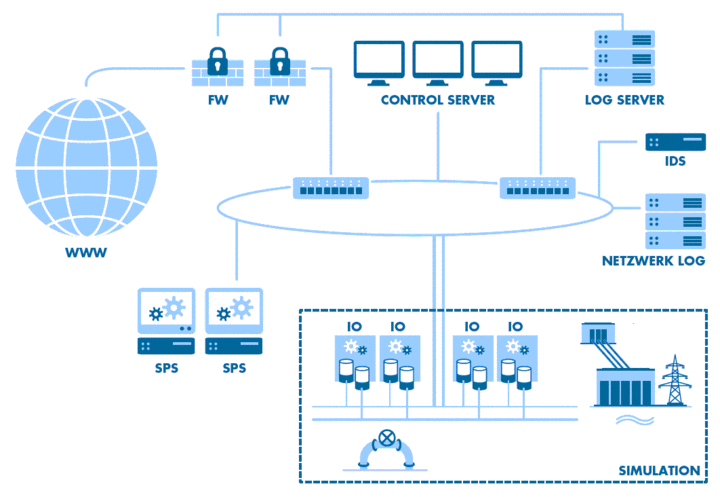
TÜV SÜD uses Honeynet to test how vulnerable small infrastructures are exposed to hacker attacks and reveals a high risk potential. Smaller infrastructures are not interesting for hackers. With this belief, many public utilities and municipalities are convinced that they are safe. This is false. In a Honeynet project, TÜV SÜD has demonstrated that even…
Well prepared for the future – HST invests in its own production
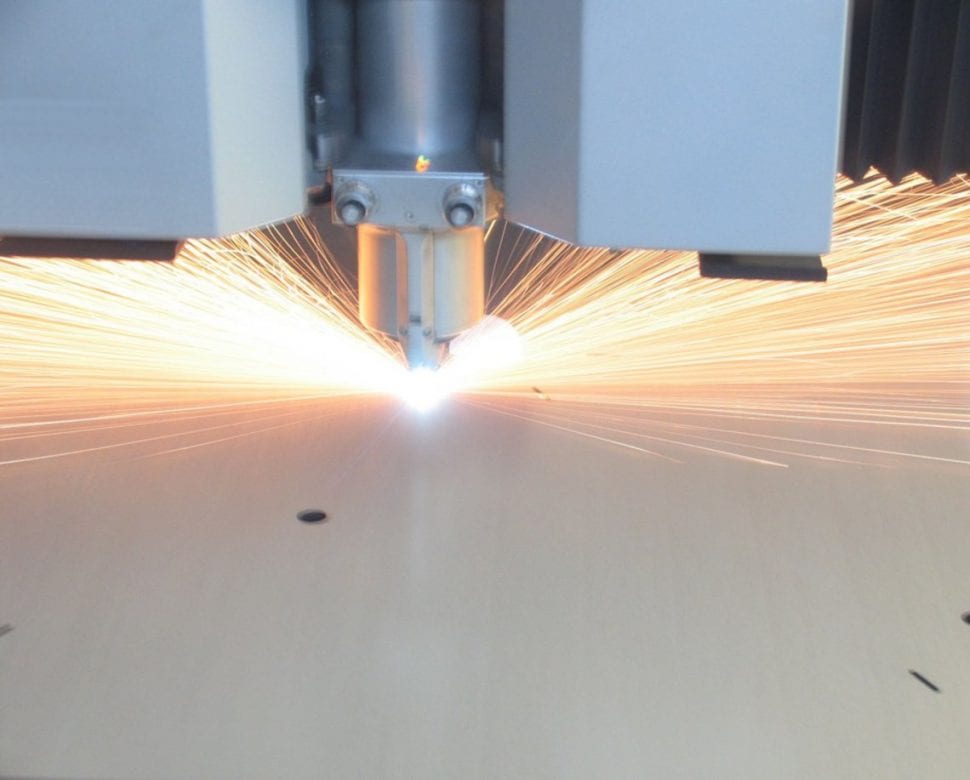
To meet this need, HST has developed a basic/system construction kit for the in-house production of individual engineering products and series products. This design and manufacturing concept allows an optimal coordination of the individual work processes. From the first drawing lines, through work preparation, component manufacture, assembly, right up to systematic functional testing and acceptance…
MUNICIPAL 4.0 – “thinking” system technology for water management

Water, the liquid gold. Even today, it triggers fights between humans, especially in regions of the world where it has always been rare and consequently precious. In the Arab world, for example, international corporations are securing water rights for themselves as if they were staking out new oil fields; in more and more provinces in…
Human factor – The role of inspiring discussions when introducing new IT systems in the workplace

When introducing new IT systems, the importance of personnel motivation is often underestimated. Even the most sophisticated system does not automatically lead to success. Studies have shown that, for example, 60% of all intranet introductions fail after 6 months; often due to the lack of employee engagement. The implementation of top-down strategies, without taking into…
IT security is the key
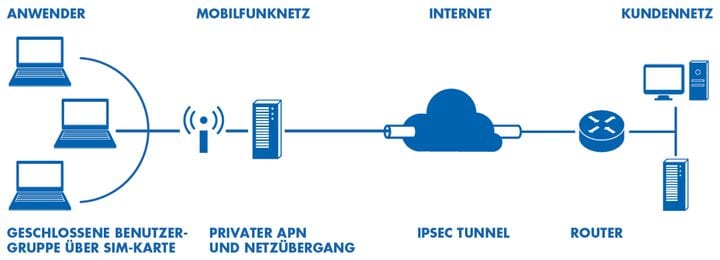
IT security is essential when data is transferred from water systems to the cloud. In Municipal 4.0 research project, well-known experts in the industry are working together on this topic. IT security is broadly discussed. In addition to the protection of personal data, the key issue is the risks involved in networking automated systems. Experts…
Quick access to MUNICIPAL 4.0 with NiRA.web
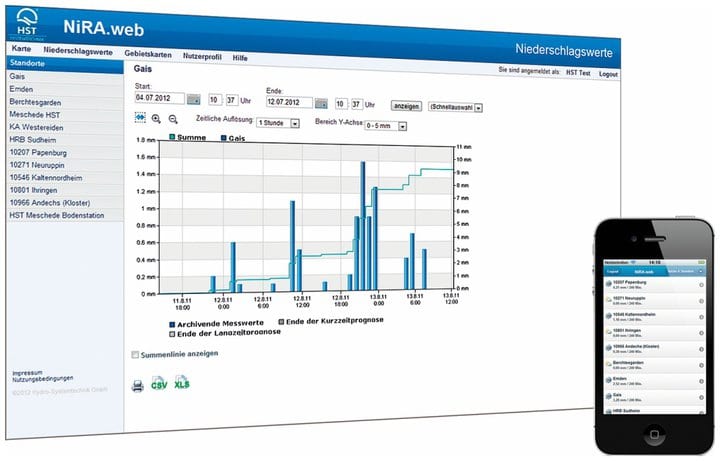
Knowing when, where, and how much it’s going to rain: With NiRA.web forecasts and an precise recording of precipitation are available anytime and anywhere. Meteorological data, especially on precipitation, constitude to the basis of essential processes in water management. NiRA.web allows a comfortable access to current, forecast and historical precipitation data – regardless of location…
Smart Machines: From Steel to Chip
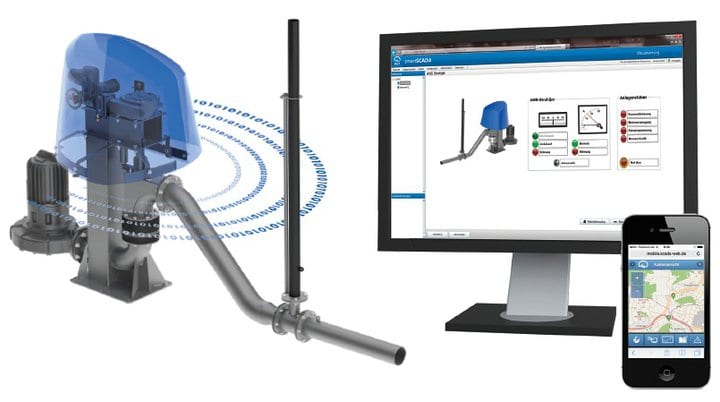
Intelli systems form the backbone of digital (r)evolution Automation technology, software and IT communication have constituted the basis of modern equipment systems in municipal infrastructures for many years. Initially, these were purely mechanical systems, mostly made of steel. Later they were supplemented with the first semi-automatic functions, then PLC controls for automation and monitoring via…





